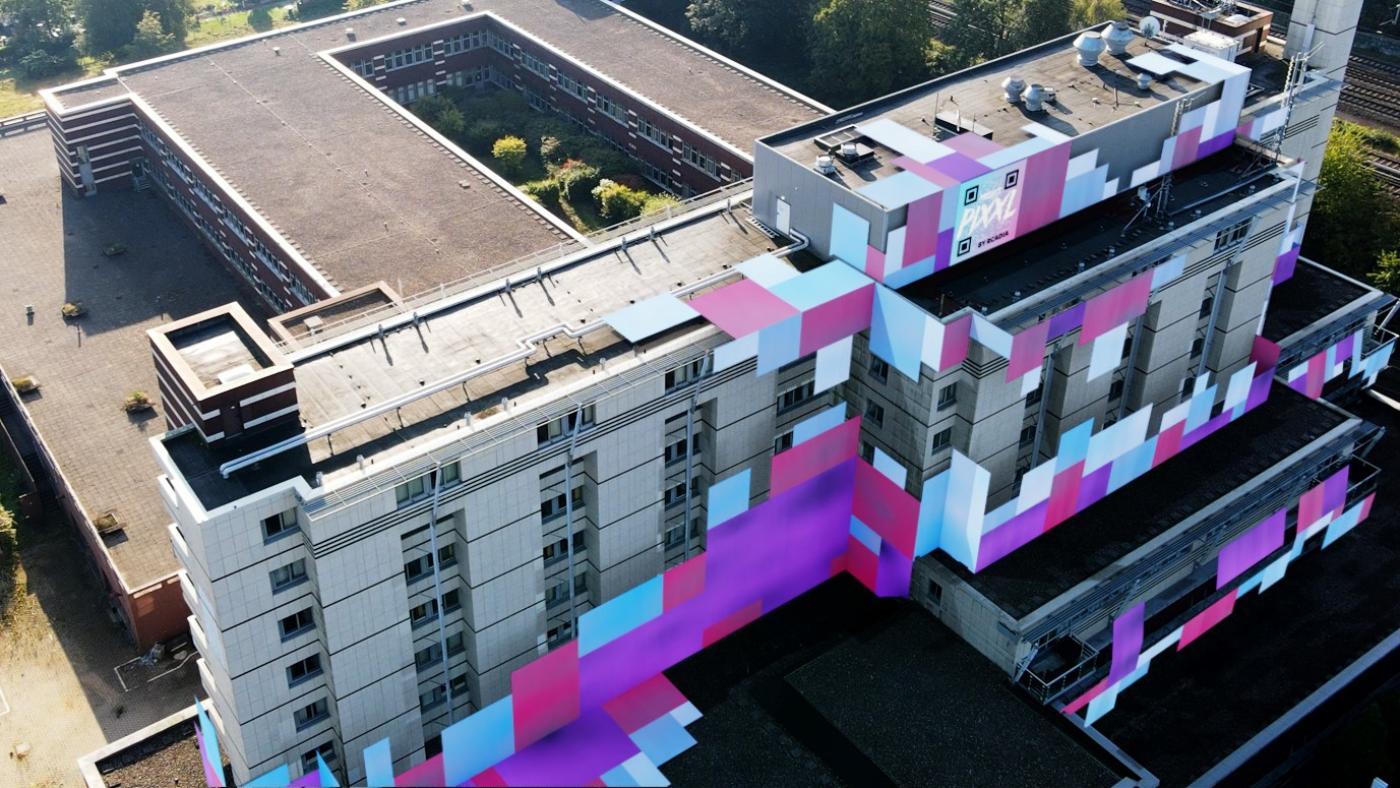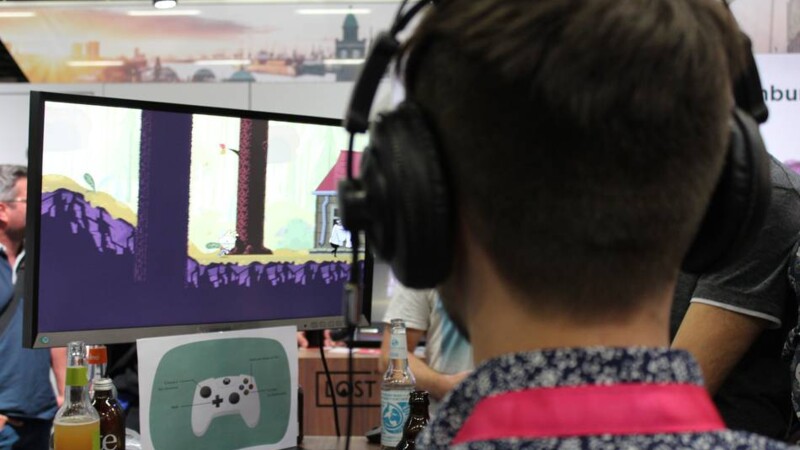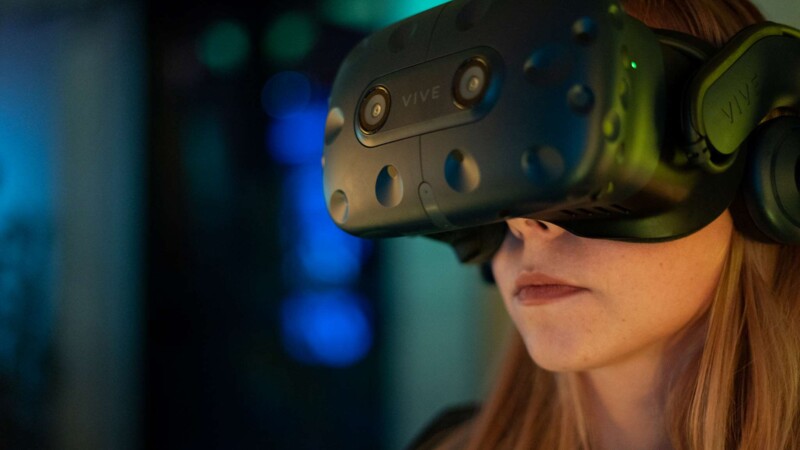"Top-class companies like Innogames, Bigpoint or Goodgame Studios as well as a lively indie scene make Hamburg an interesting market for us," said Felix Wittkopf, Managing Director of S4G School for Games. The potential employers are large and small companies and they deploy a wealth of lecturers as well. "The companies are happy to send them. They are then very close to promising, talented young people, who in turn can establish contacts early. So it's a win-win," said Wittkopf. The location of RCADIA was key to the school's decision. "The RCADIA is developing into a hub of the gaming scene. The topics of eSports, development, streaming and now education about game development are united on 20,000 m². Add the concept of co-living to that and it's ideal for us." The S4G School for Games also offers workshops and training for professionals and companies.
The Berlin-based S4G School for Games is gearing up to open its latest branch in the RCADIA Gaming House in Hamburg-Bergedorf. The state-recognised public school has trained students in the three core areas of game development, game engineering and game graphics since 2011. Talented young gamers are in demand as the industry continues to flourish. Last year, the number of gaming companies across Germany grew by a good 20 per cent to around 750 over 2020. The need for skilled workers is also growing and the number of people working in the games industry increased by 8 per cent to a good 10,900 over 2020, according to Statista.
Interesting Hanseatic market

Over 70 per cent of graduates hired early
"Anyone interested in training as a game developer, game engineer or game artist should, however, have talent and previous knowledge at hobby level for the profession and plenty of enthusiasm," Wittkopf stressed. "We offer two-year, full-time training courses which is not a lot of time. Initial programming experience is helpful for game engineering. Apart from technical know-how, emphasis is on understanding the logic behind programming." Students are eligible for grants (BAFÖG) and must pay fees of EUR 600 per month.
Yet, the investment is worthwhile, according to Wittkopf. "Our experience in Berlin shows that more than 70 per cent of graduates find a job within the first three months. And in a really exciting industry which is developing rapidly and often surprisingly." No one could have imagined how important mobile games would become when the industry was still in its infancy.

And there's no stopping the trend towards virtual reality (VR) even if has taken longer than expected. "VR offers immediate experiences and immersion in entirely different worlds. That is very attractive. Moreover, the technology can be used beyond the games scene and is continuously developing as well, which in turn has a knock-effect on our industry."
ys/kk/pb
Sources and further information
More
Similar articles

Gaming - more than just child's play in Hamburg

Experience the future in the "Virtual Reality Arcade"

